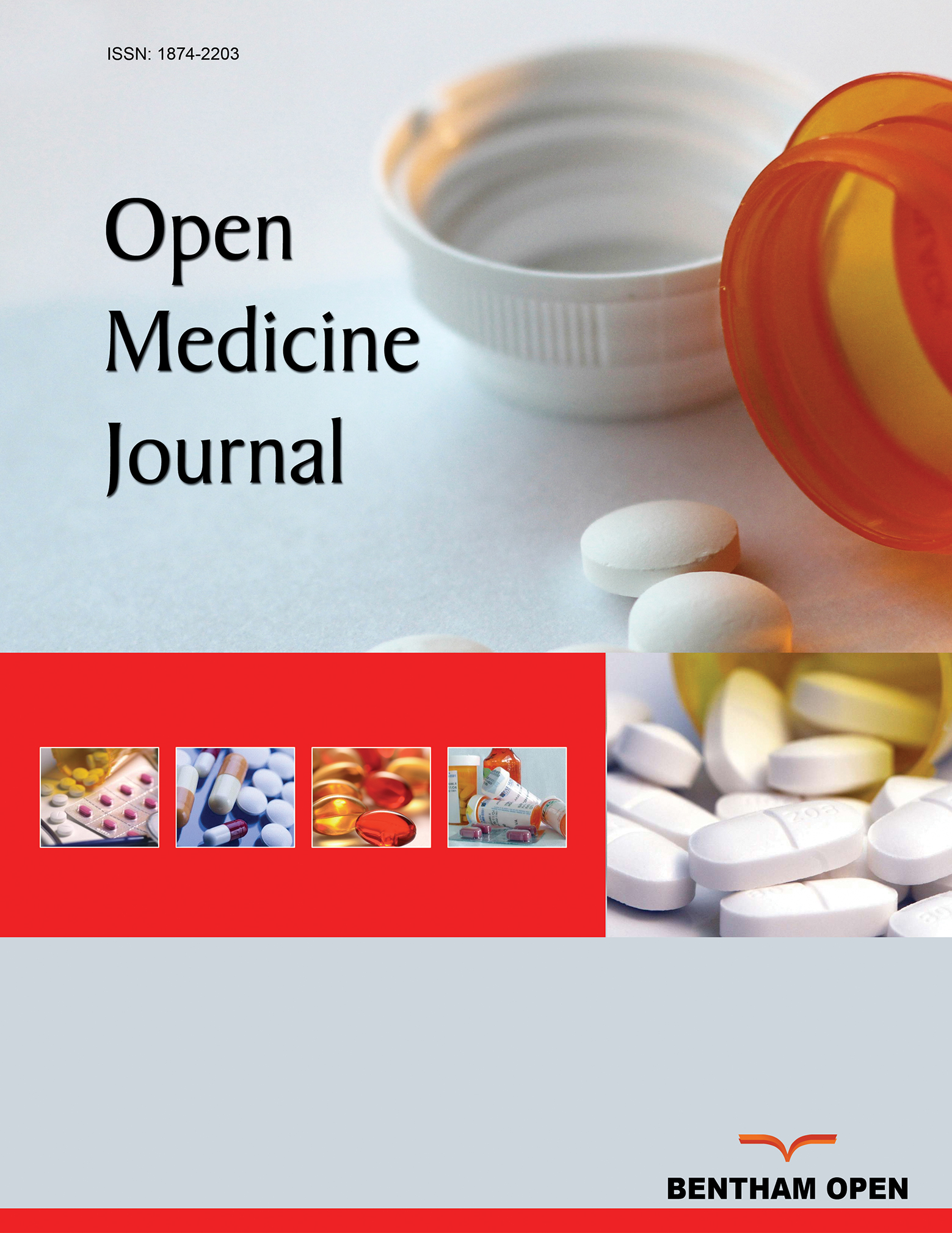All published articles of this journal are available on ScienceDirect.
Did Oncotype DX® Recurrence Score Accurately Predict the Risk of Recurrence in Breast Cancer? A 10 Year Period Study in a Single Institution
Abstract
The 21-gene Recurrence Score (RS) assay (Oncotype DX®) predicts the risk of recurrence and benefit from chemotherapy in estrogen receptor (ER) positive, Her-2/neu negative, node negative and, more recently, limited node-positive (≤3) breast cancer. The 21-gene RS is divided into low, intermediate and high risk groups corresponding to a likelihood of recurrence within 10 years of initial diagnosis. Clinicians utilize 21-gene RS to guide treatment, particularly whether to add adjuvant chemotherapy to endocrine therapy. This study aimed to determine if 21-gene RS accurately predicts the rate of recurrence with respect to each category. A cohort of 236 patients was studied retrospectively and analyzed, based on correlation between histologic and immunohistochemical (IHC) findings versus 21-gene RS stratification in relation to clinical outcomes.
In the cohort examined, no deaths occurred in all the patients studied. Six patients had recurrence or metastatic disease. Of these six patients, only one had been stratified to the high risk group by 21-gene RS analysis, while four were stratified to the low risk group, and one to the intermediate risk group. 21-gene RS accurately predicted 97% of the low RS stratified patients to avoid receiving chemotherapy. However, addition of chemotherapy in the treatment regimen for node positive, Her-2/neu positive, high Ki-67, and PR negative tumors may be beneficial regardless of 21-gene RS. Our investigation found that there is a high concordance rate between 21-gene RS and IHC of ER, progesterone receptor (PR), and Her-2/neu.


